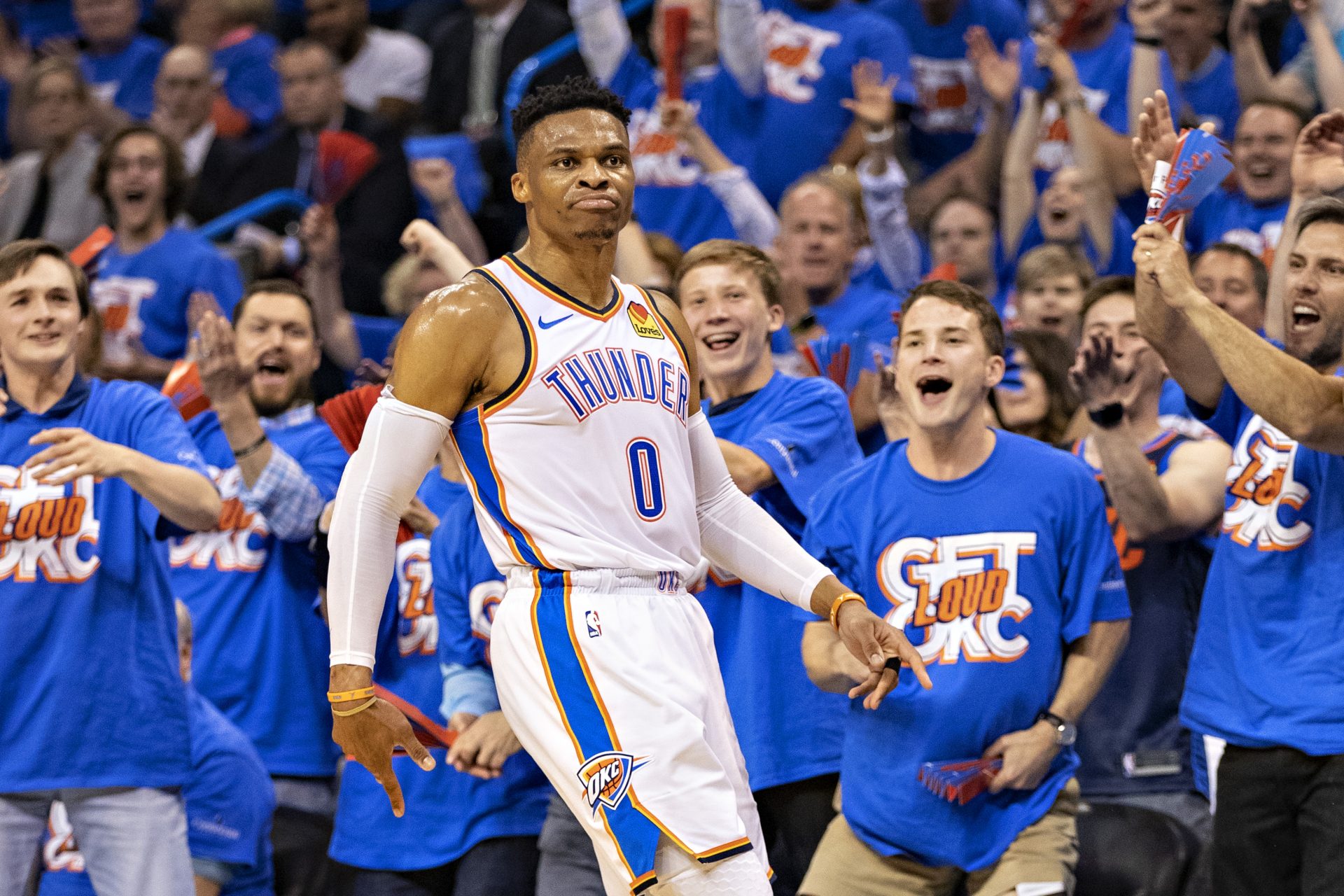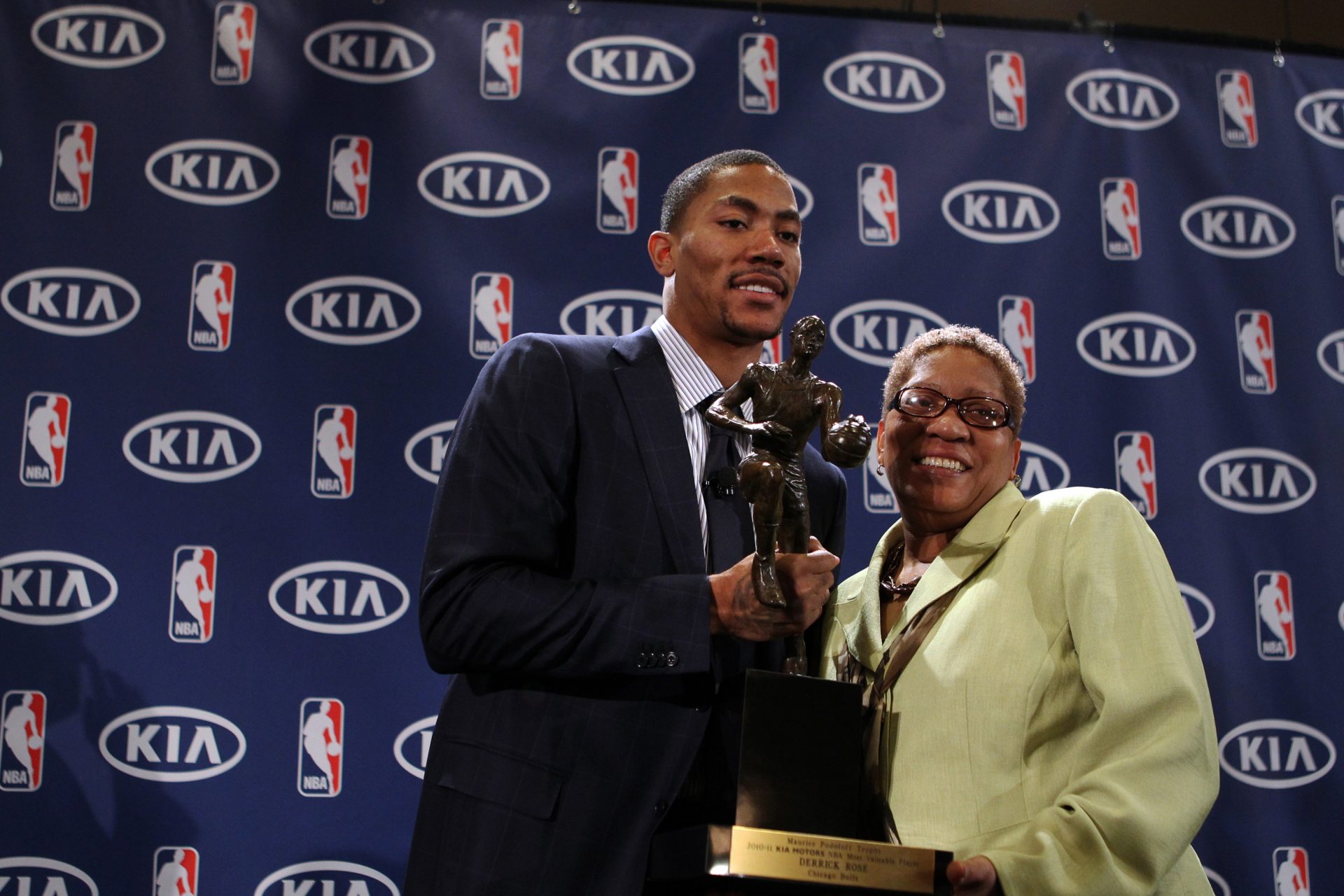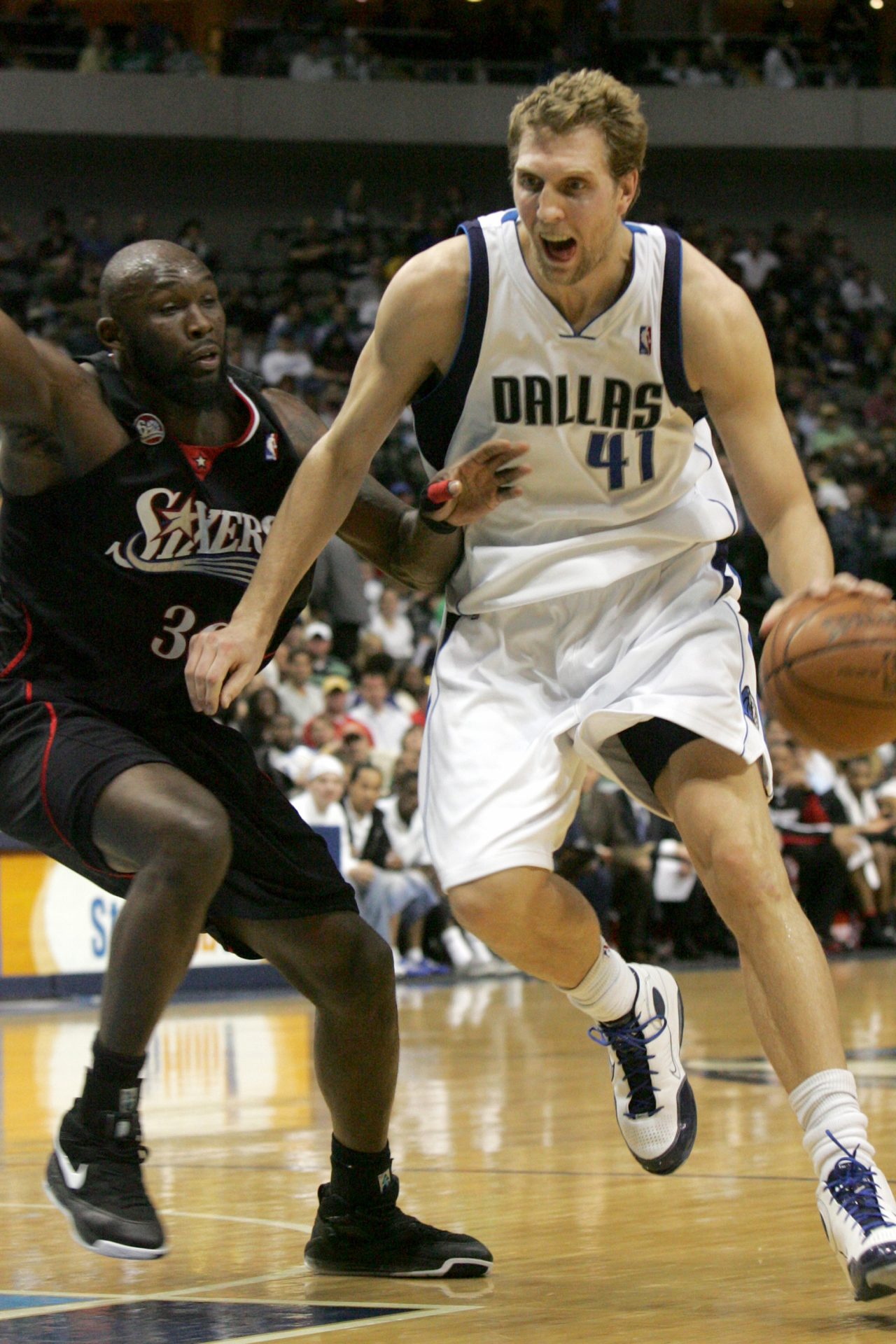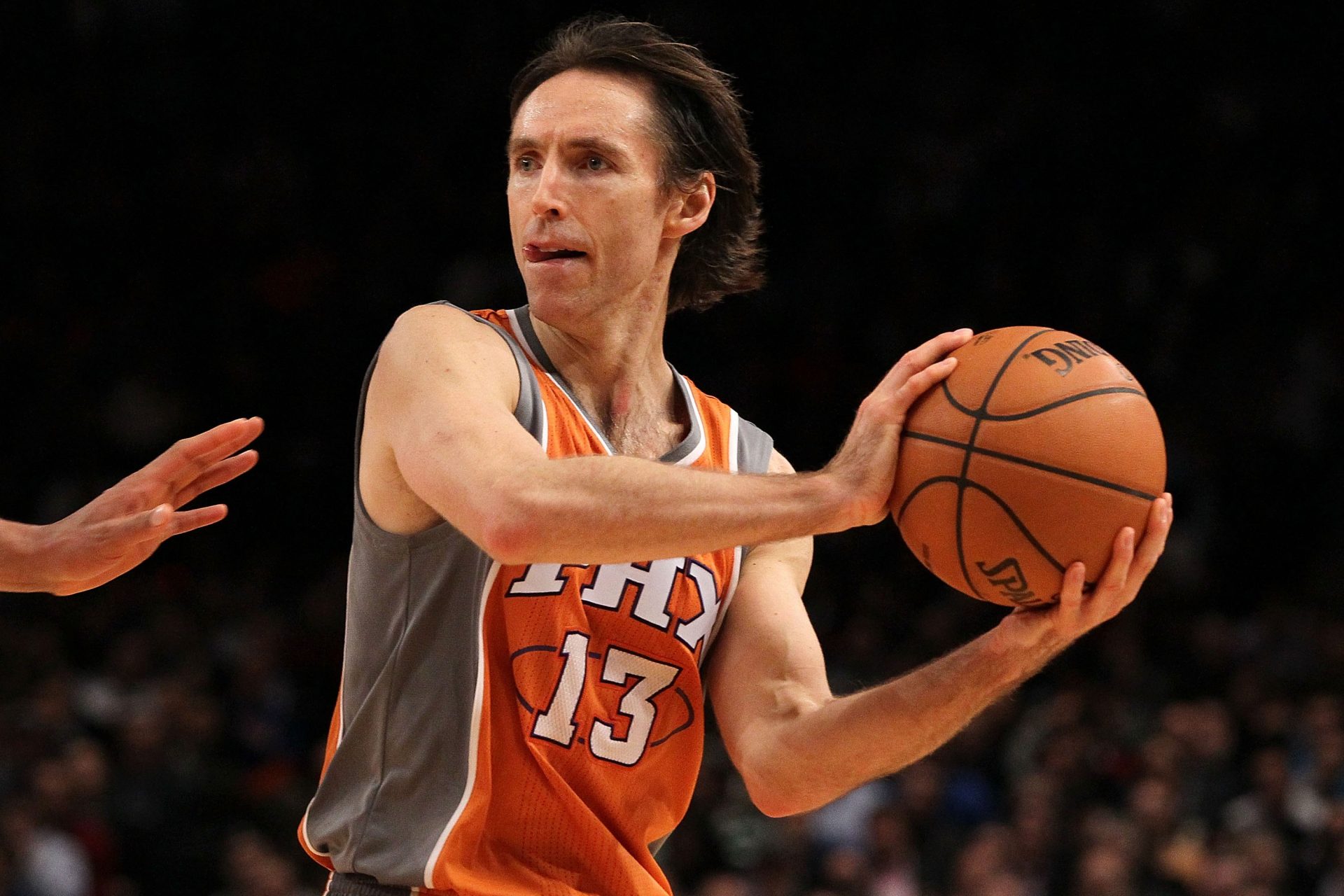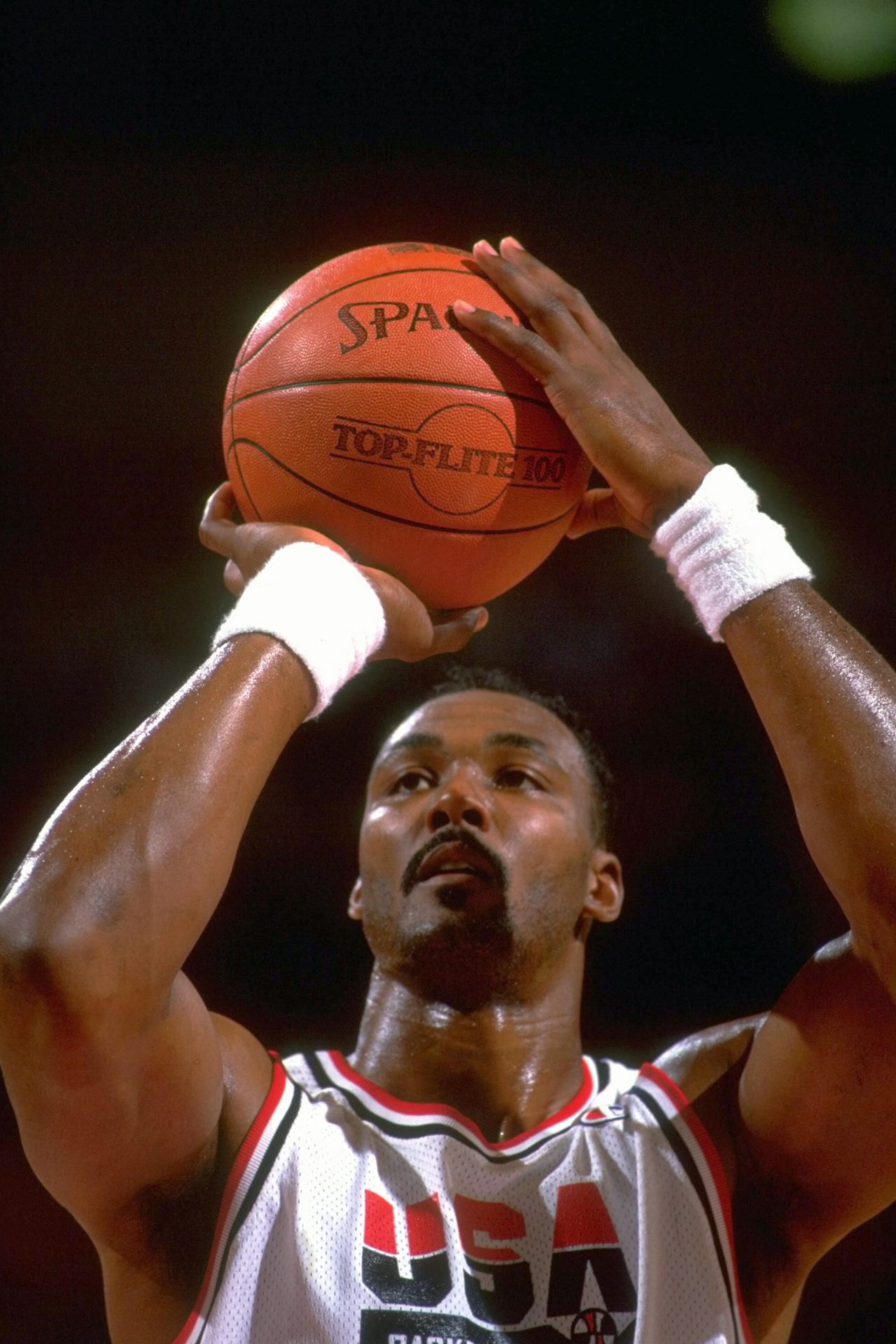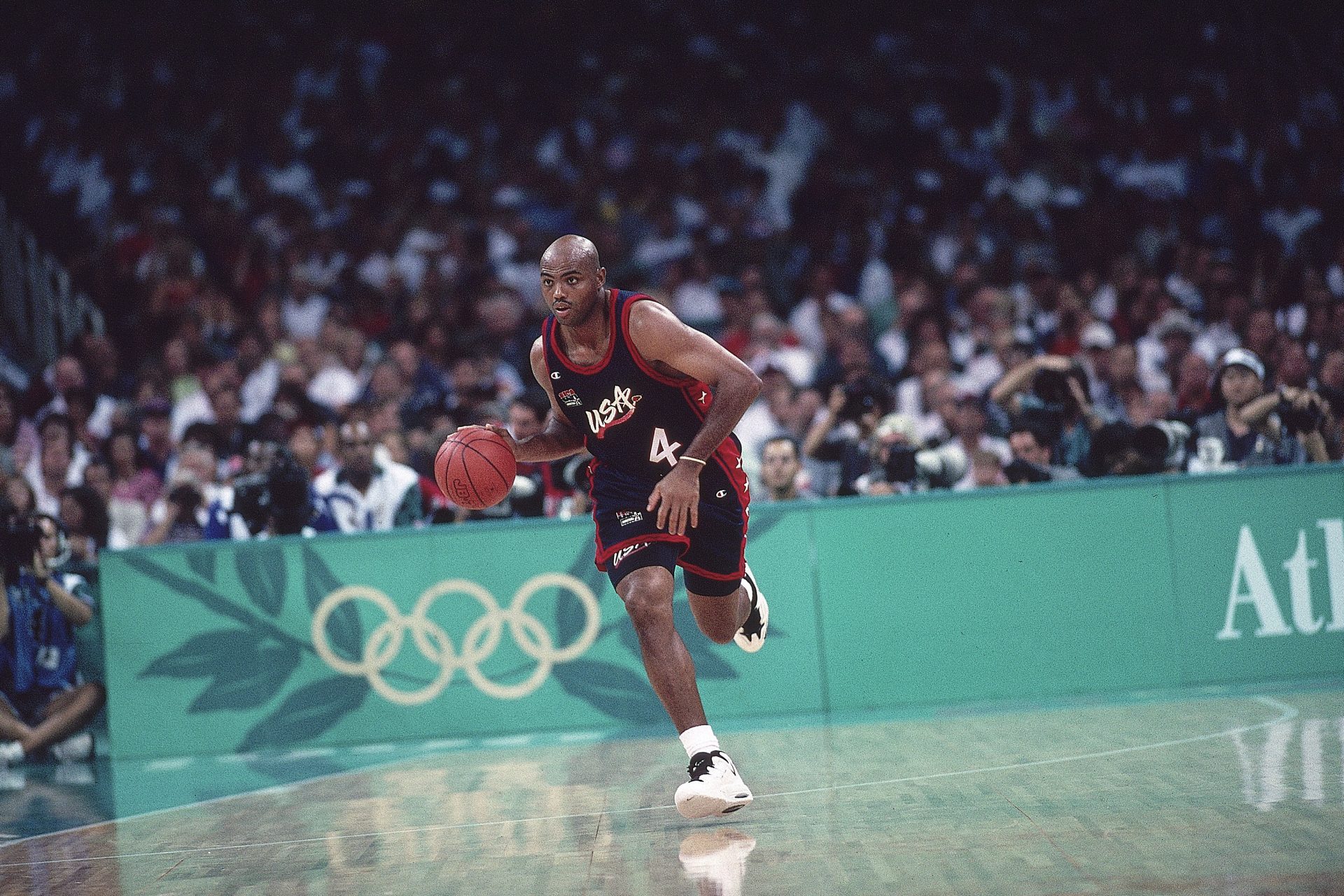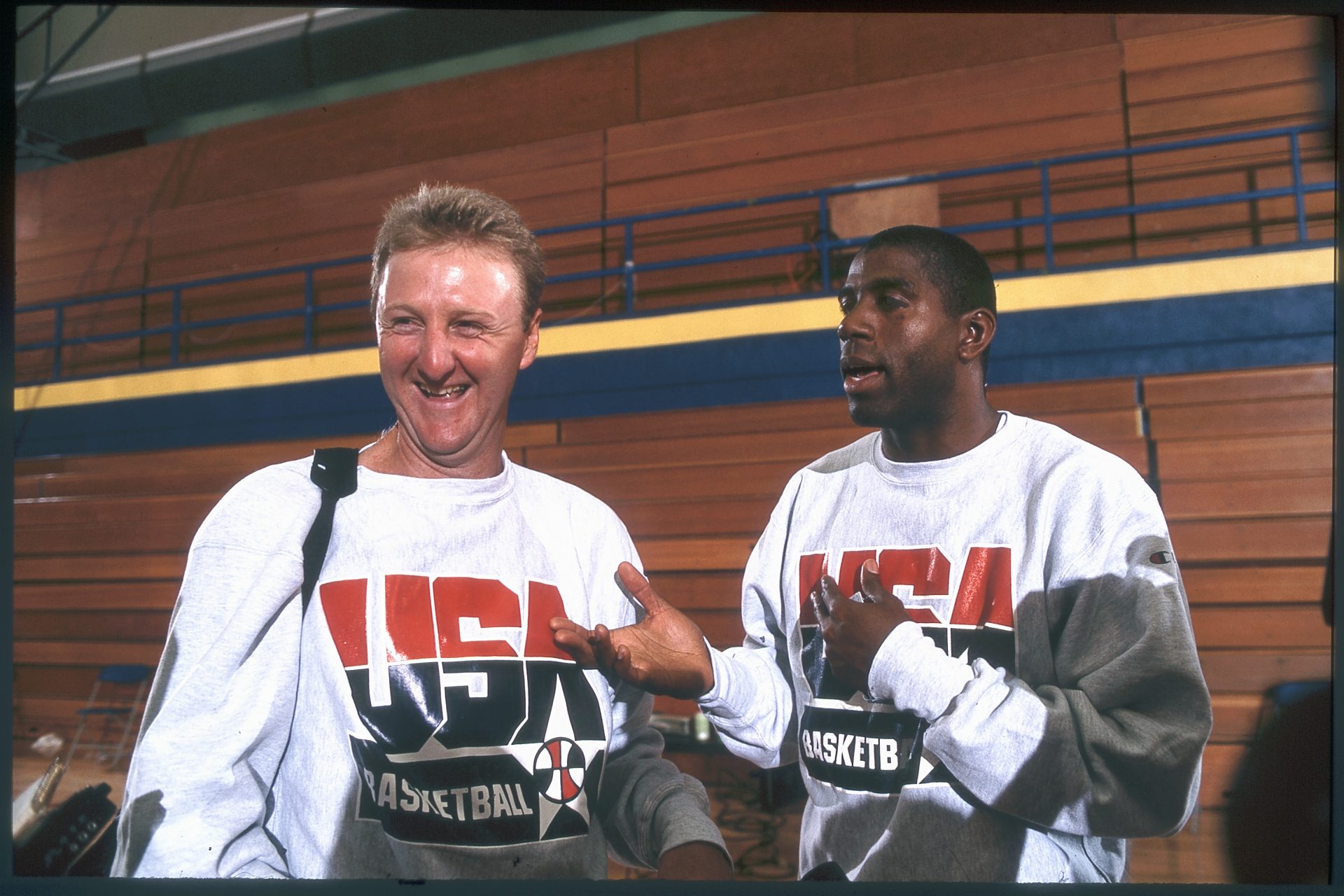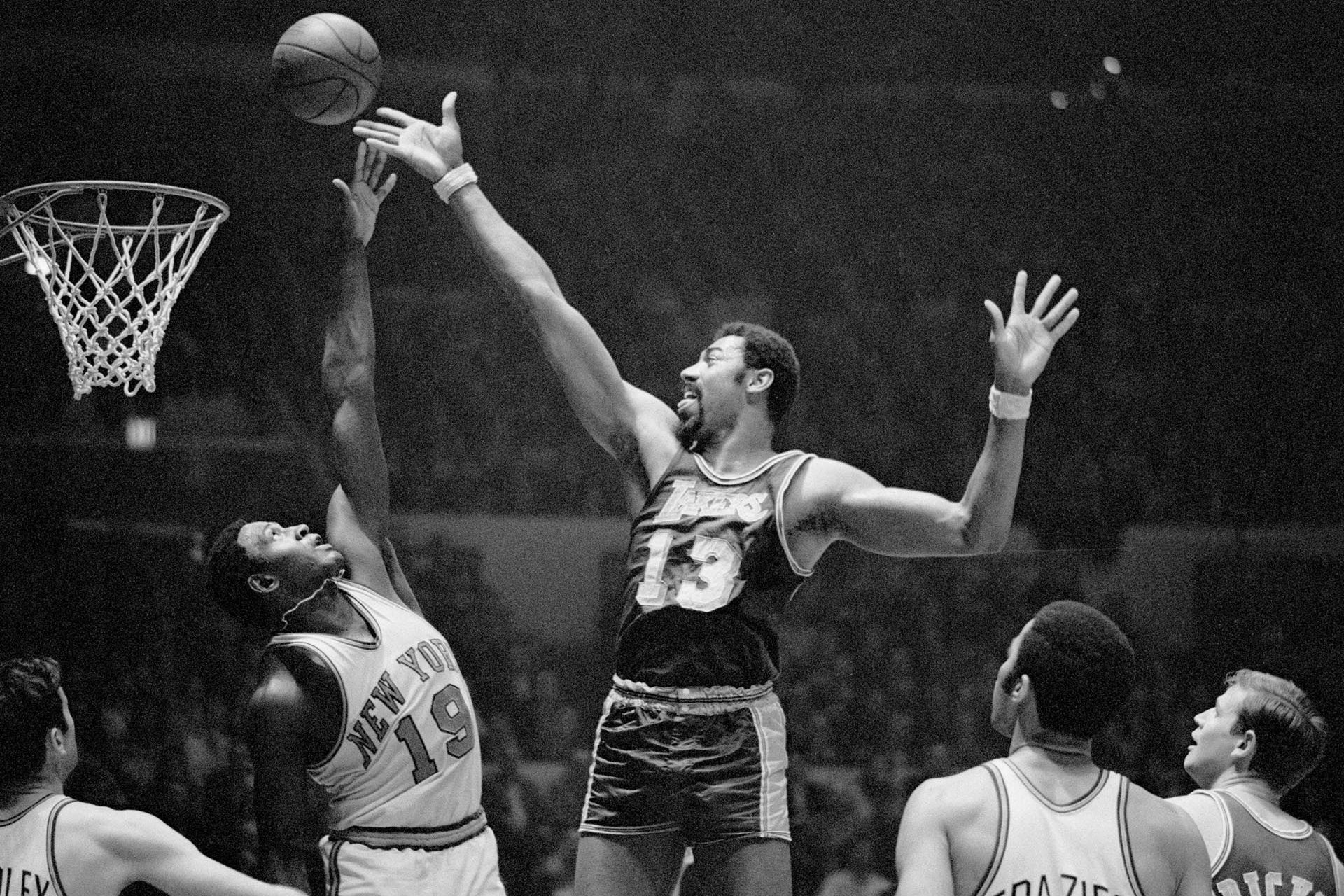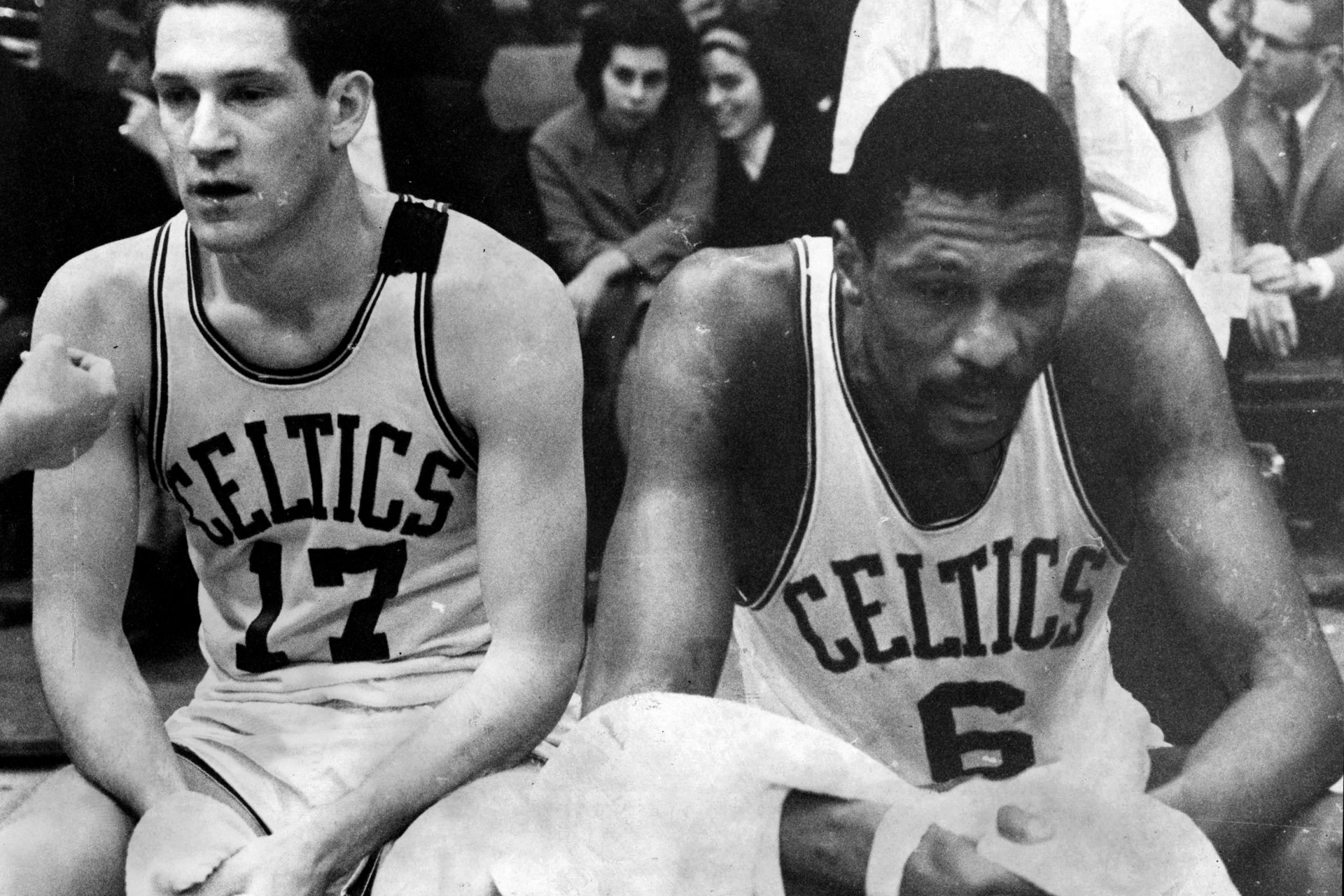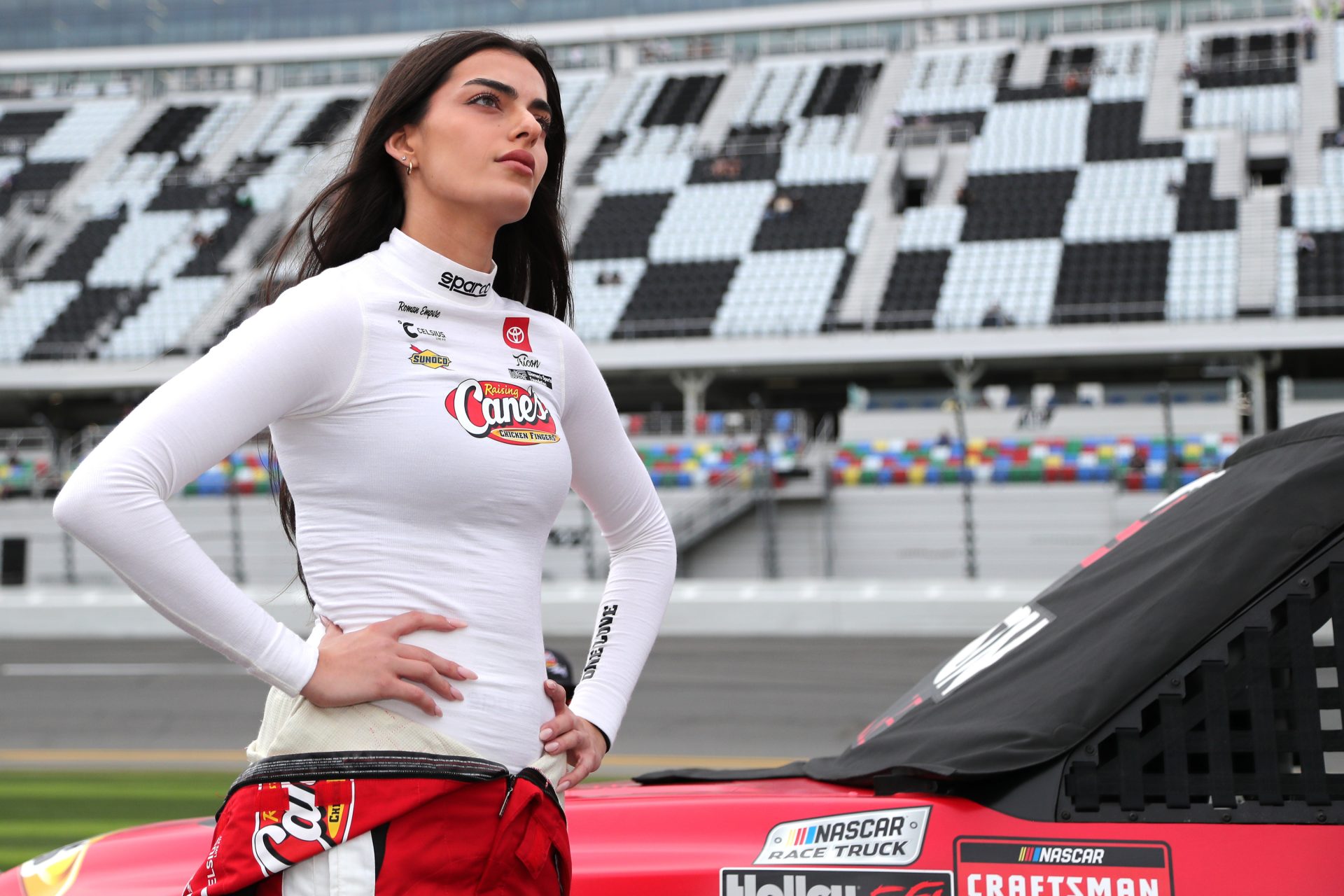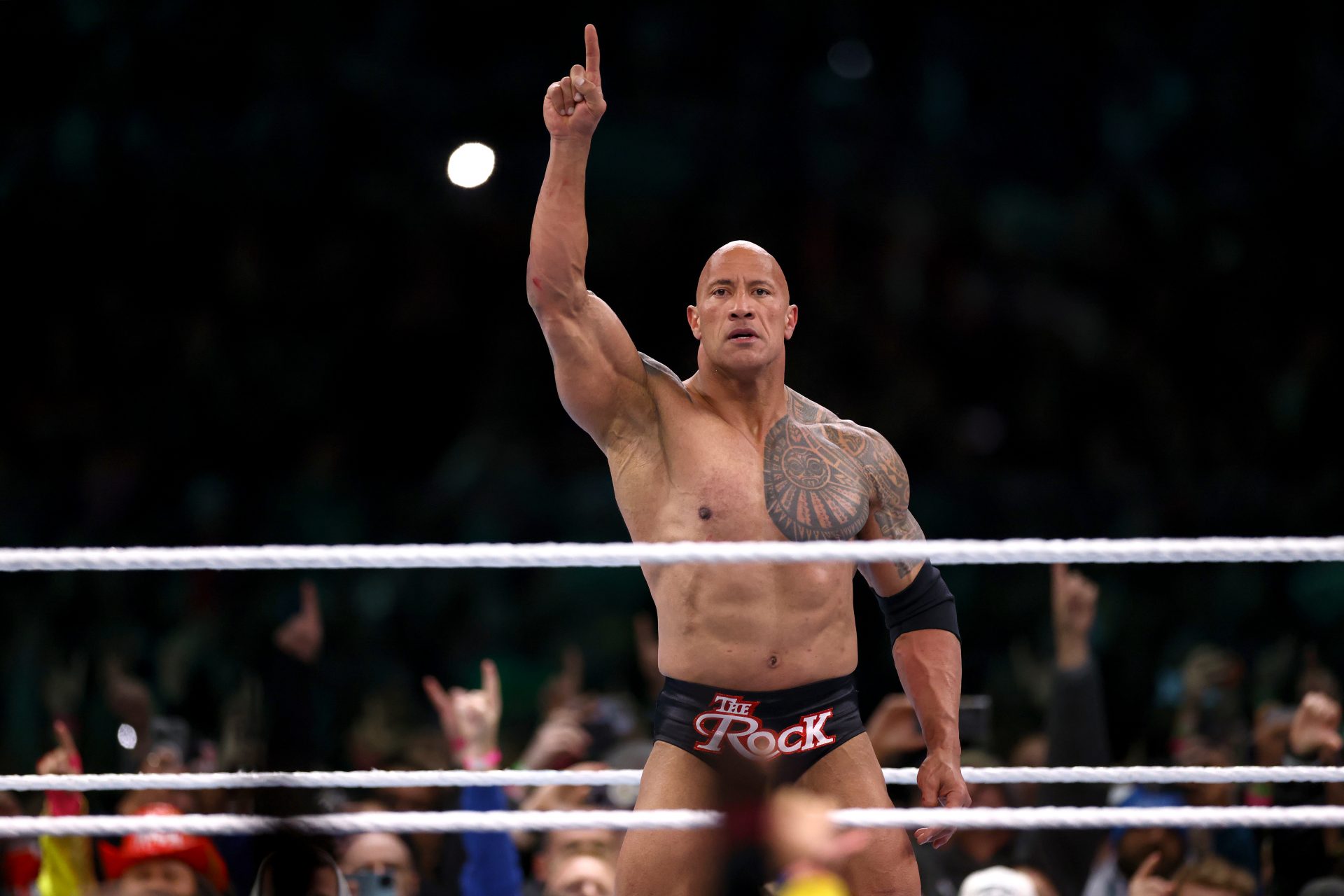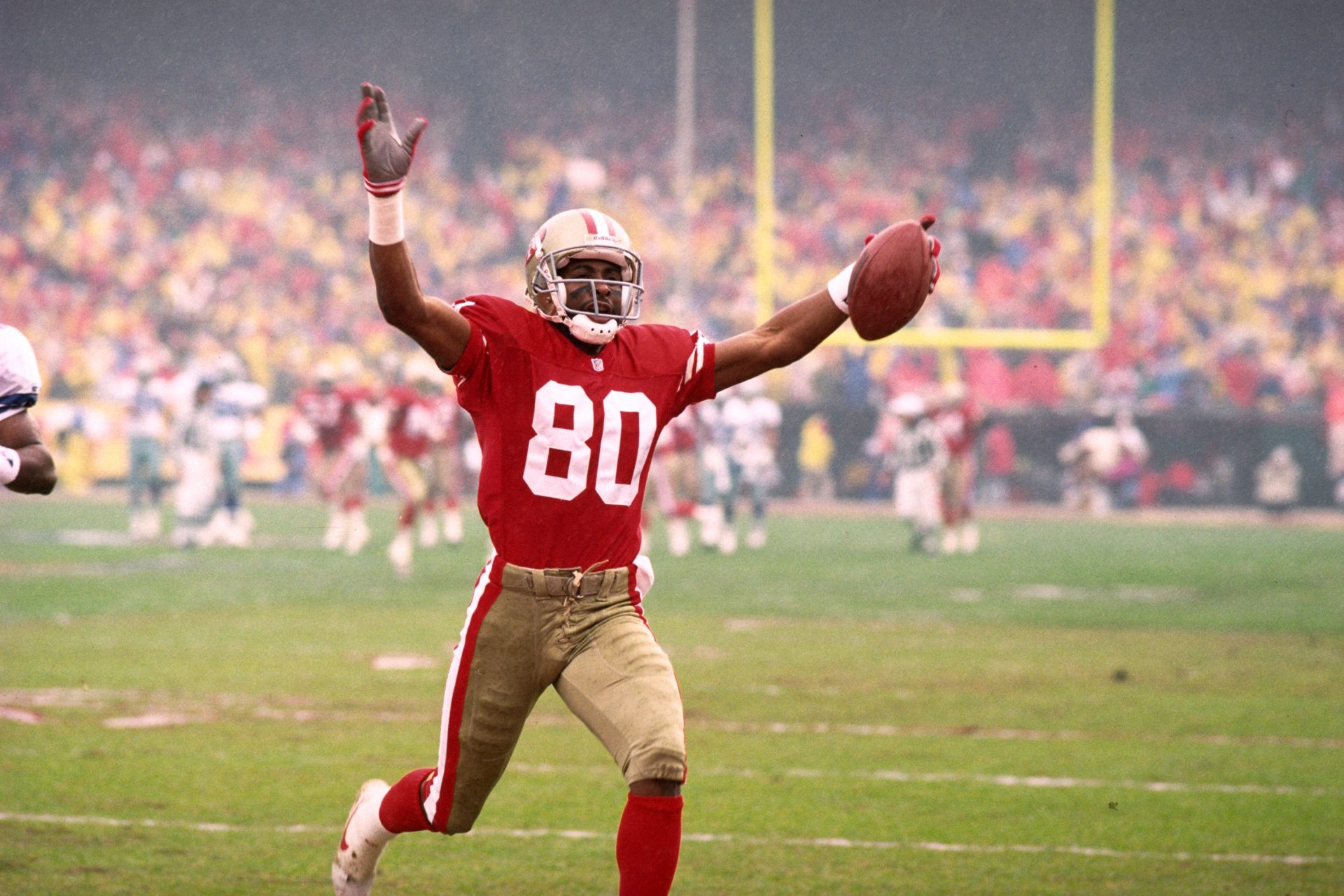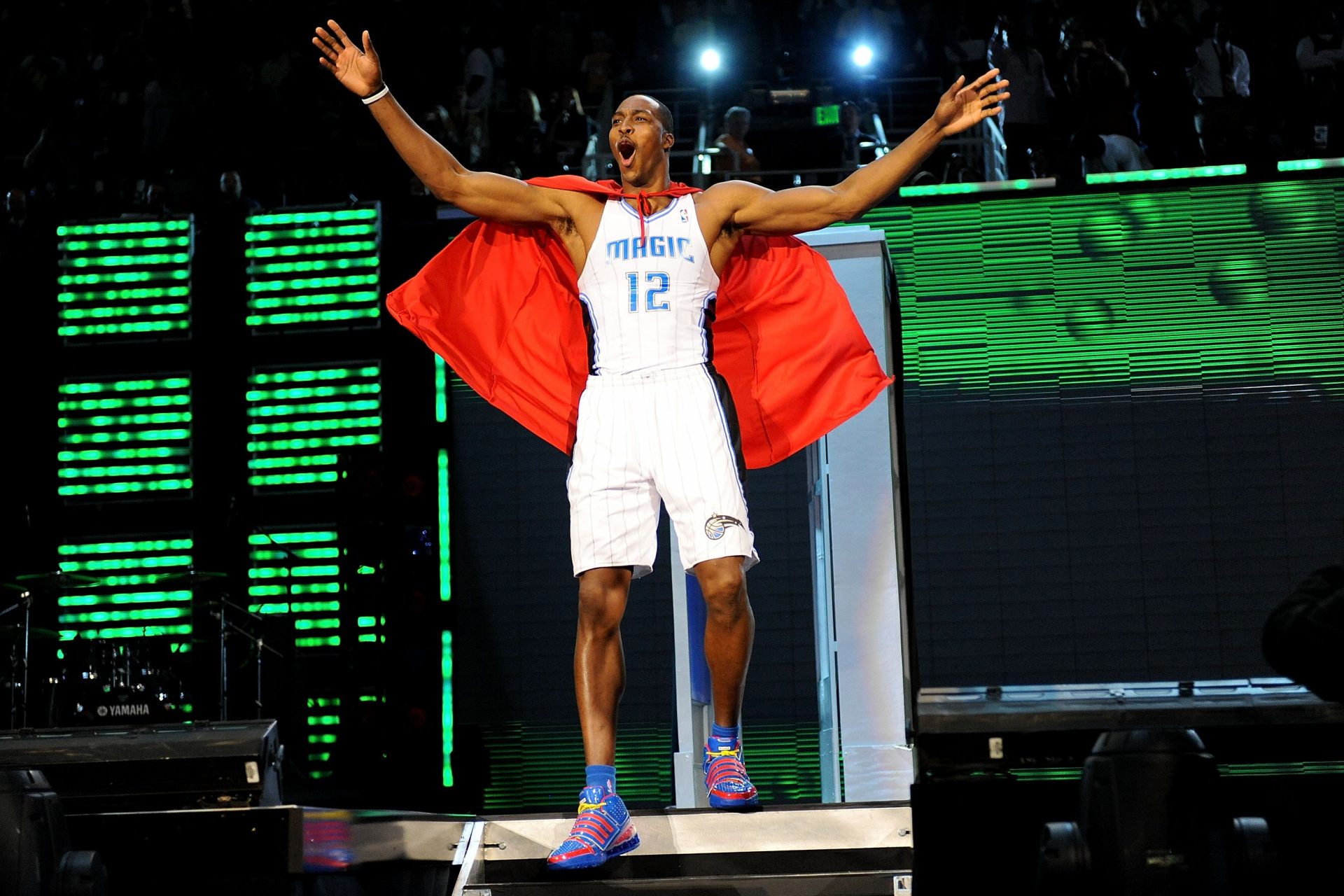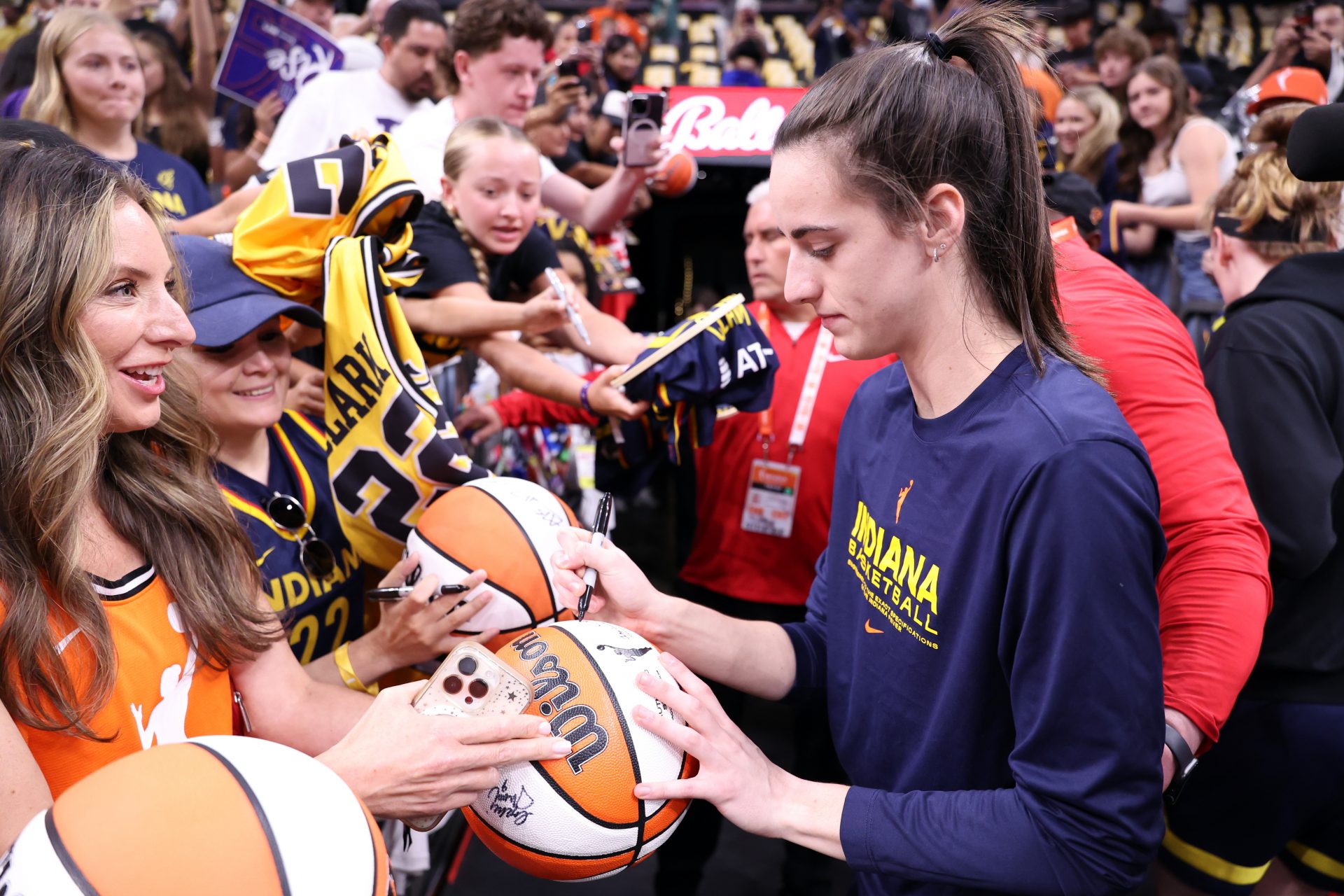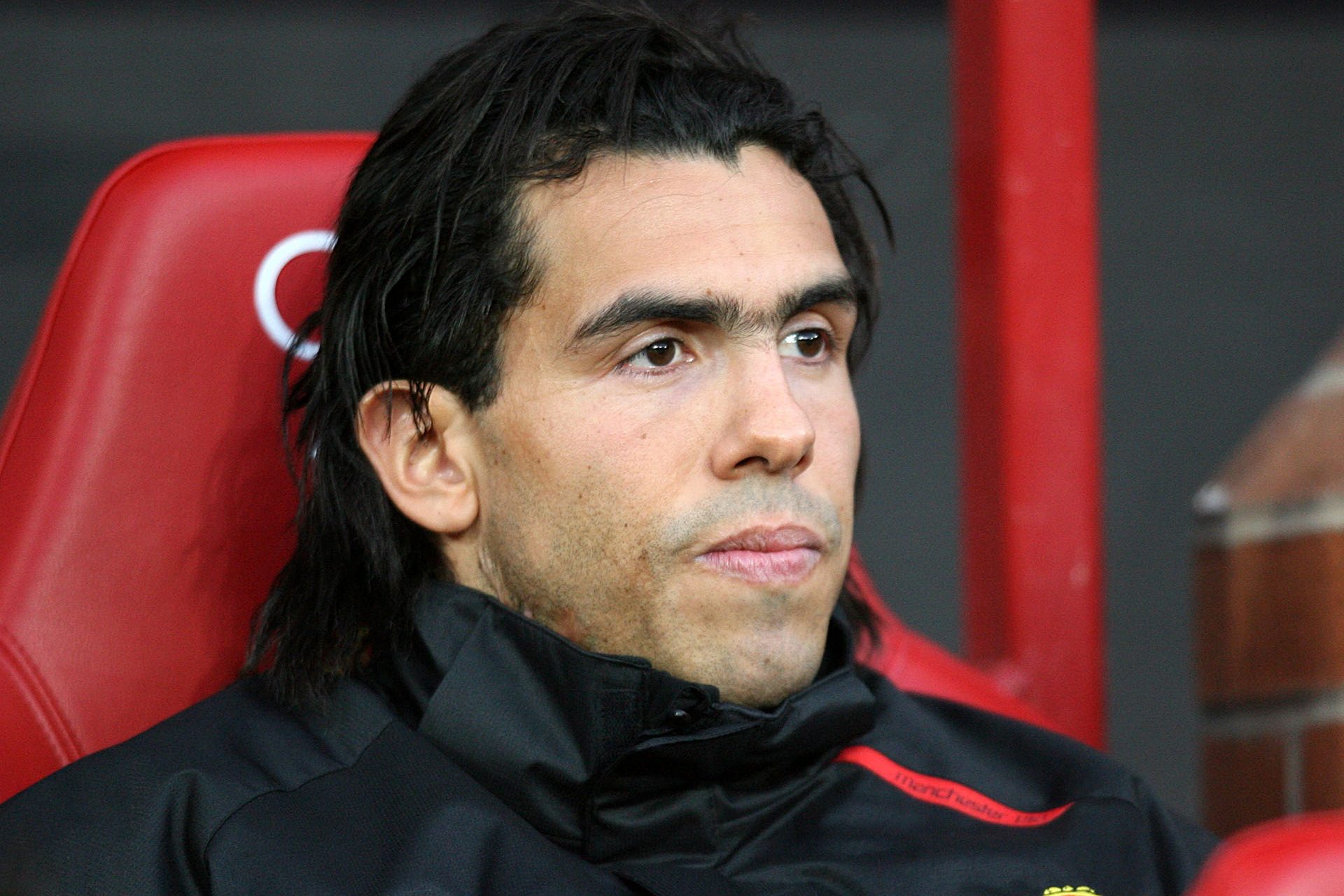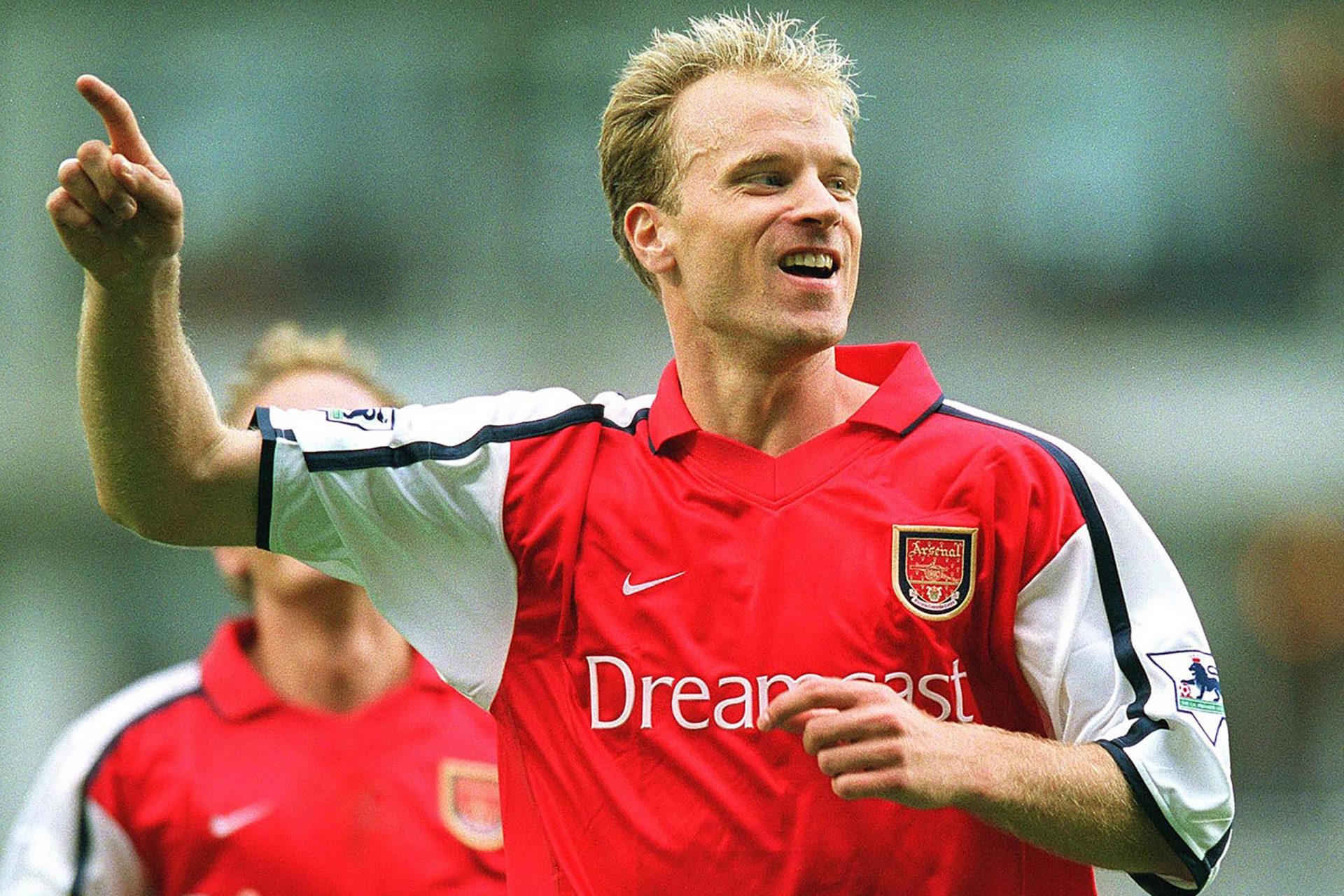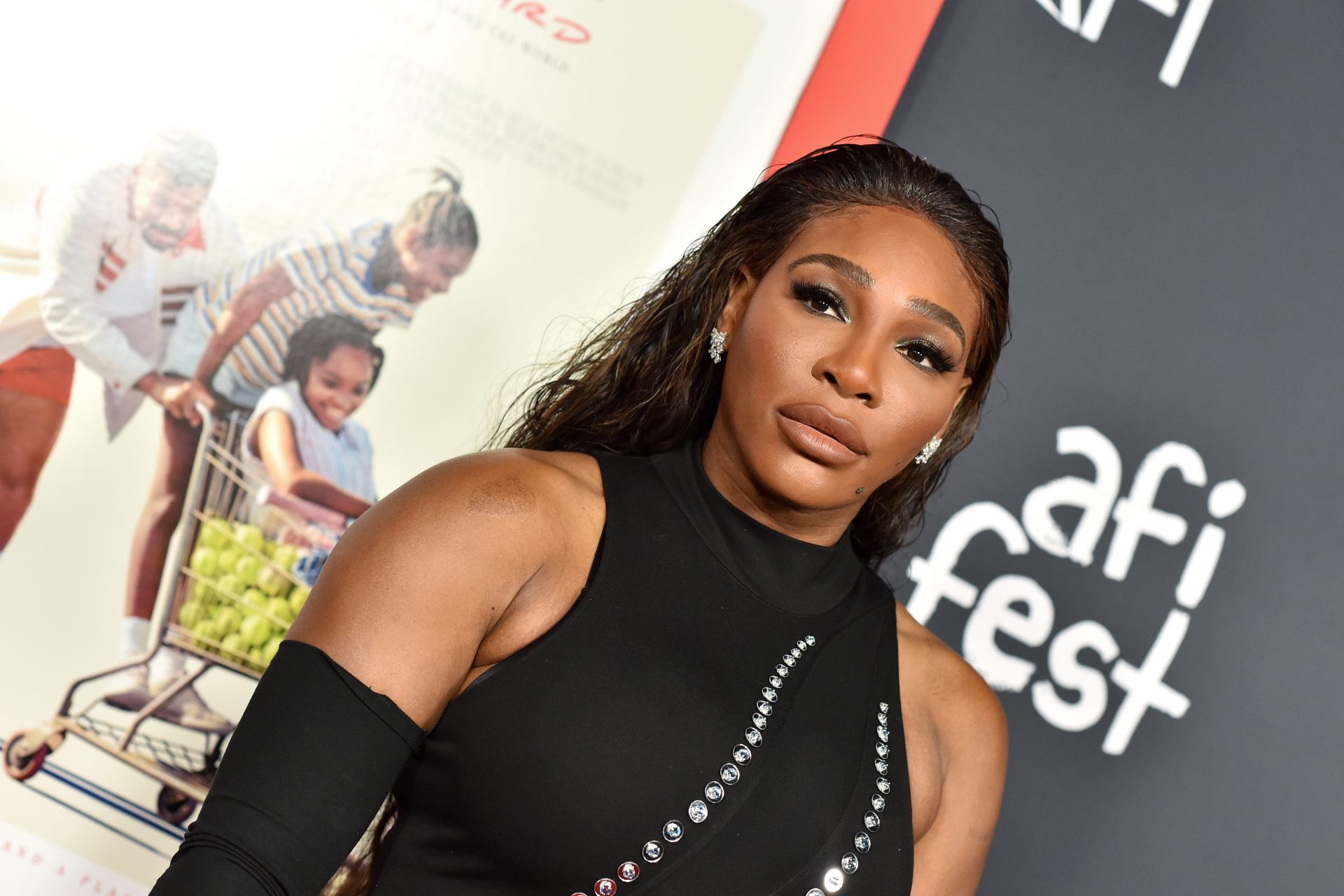A look at the most undeserving MVP winners in NBA history
The NBA has dealt with plenty of controversy over the years, often dealing with claims around who should, or shouldn't, have won the MVP award. We thought it would be a good idea to clear up some of that controversy by listing the players we think were least deserving of winning the NBA's most valuable player award. All statistics are sourced from Basketball Reference.
Sentiment was certainly on Westbrook’s side heading into the 2016-2017 campaign. In the eyes of many, Kevin Durant sold out by leaving the Oklahoma City Thunder in order to join the defending champion Golden State Warriors. Westbrook was the only show in town, and put up a monstrous statistical season.
He became the first player since Oscar Robertson to average a triple double for an entire season in 55 years. However, former Dallas Mavericks owner Mark Cuban, as well as The Washington Post, poked holes in his MVP campaign. The Post claimed that Westbrook was one of the least efficient scoring players in MVP history, and noted that the Thunder weren’t an elite team despite Westbrook’s gaudy numbers.
Want to see more like this? Follow us here for daily sports news, profiles and analysis!
Sports Illustrated points out that Rose is the youngest MVP in league history, claiming the league’s highest honor at just 22 years of age. While it was impressive for the athletic dynamo to lead the Chicago Bulls to the top seed in the Eastern Conference in 2011, many feel like he wasn’t that close to being the best player that season.
2010-2011 was the first season that LeBron James played with the Miami Heat, and there was a passionate distaste for him at that time. He won two straight MVPs before 2011, and won two straight MVPs after. He probably could have and should have made it three straight and five consecutive overall. Dwight Howard of the Orlando Magic was also viewed as a legitimate contender that season.
It’s important for fans to be reminded that the NBA MVP award is given to the most important player in the regular season. Whatever happens in the postseason has no bearing on the voting for league MVP. Yet, what ended up happening in the 2007 playoffs left people with a bad taste in their mouth regarding Nowitzki’s MVP victory.
As the number one seed in the Western Conference, the Dallas Mavericks were expected to contend for the NBA Finals. Instead, they were knocked out of the playoffs by the eighth seeded Golden State Warriors, who guarded Nowitzki with smaller defenders. Many contend that if Nowitzki had truly been the MVP that year, he would have found a way to overcome this obstacle.
Nash won back to back MVP awards in 2005 and 2006, and there’s a lot of debate that he shouldn’t have come away with either. Shaquille O’Neal, who some feel was robbed of at least one MVP in that span, told Slam Magazine, “Steve Nash is my boy, but I don’t see how he got it twice. People know who the real dominant guy was.”
O’Neal finished second in the MVP voting that year, averaging 22.9 points, 10.4 rebounds, 2.7 assists and 2.3 blocks. Bleacher Report noted that Nash did not even crack the top 10 in PER during the 2004-2005 campaign.
Want to see more like this? Follow us here for daily sports news, profiles and analysis!
This instance comes up pretty prevalently when any discussion arises about an unjust MVP award being doled out. Malone led the Utah Jazz to the NBA Finals in 1997, but there wasn’t much of a doubt who the most valuable player was that season.
CBS Sports wrote that “voters were simply tired of voting for Michael Jordan, so they used his very, very slight decline to justify finding another winner.” They also noted that Jordan wasn’t competing with Malone or anyone else in the league for MVP; he had been competing with the gold standard that he set for himself.
As NBC commentator Richard Enberg put it in 1993, Barkley was having the year of a basketball lifetime. He had just come off winning the gold medal with The Dream Team in the 1992 Olympics, and was the force behind the Phoenix Suns’ ascent to the NBA Finals the next season. Barkley had a phenomenal year, but many argue Jordan was at the mountain top in 1993.
Barkley made the mistake of making fun of Jordan’s less than stellar Game 3 performance in the 1993 Finals. Sports Illustrated recounted the 55 points Jordan dropped in Game 4, which helped re-establish who the best player in the series was. Giving an NBA award to anyone besides Jordan in the non-baseball 1990s seasons was likely a fool’s errand.
Abdul-Jabbar won six MVP awards throughout his illustrious career, but probably should not have brought home the hardware in 1979-1980. There were a couple of reasons why.
Larry Bird and Magic Johnson would rule the rest of the decade, but their performance and presence in the 1979-1980 season should knock Abdul-Jabbar down a peg. Johnson is one of the most impactful rookies of all time. Across the country, Bird led the Boston Celtics to a 32-win improvement from the year before.
The logic used to discredit Barkley and Malone in the 1990s could be applied to Chamberlain’s MVPs in the mid 1960s. Chamberlain had been putting up monstrous numbers for many years, but it didn’t translate to as much winning as fans would have liked.
That’s because the Boston Celtics stood in Wilt’s way for much of his career. Although not as physically gifted or perhaps as talented, Bill Russell’s contributions to winning stood out in the decade. Russell could have racked up a few more MVP awards in the latter part of the decade, but voter fatigue likely set in.
Want to see more like this? Follow us here for daily sports news, profiles and analysis!
More for you
Top Stories





